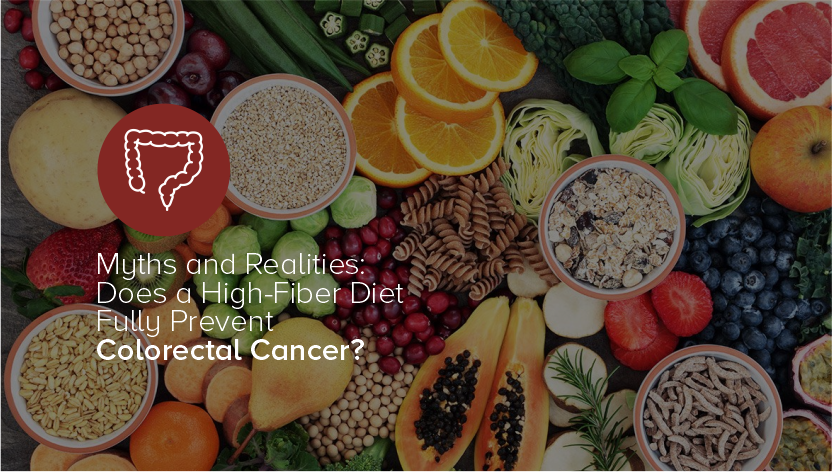In the world of health and nutrition, few topics have generated as much buzz and debate as the high-fiber diet and its role in preventing colorectal cancer. With countless articles and experts touting fiber as a miracle food, it's easy to get swept up in the hype. But does a high-fiber diet really hold the key to preventing this type of cancer?
